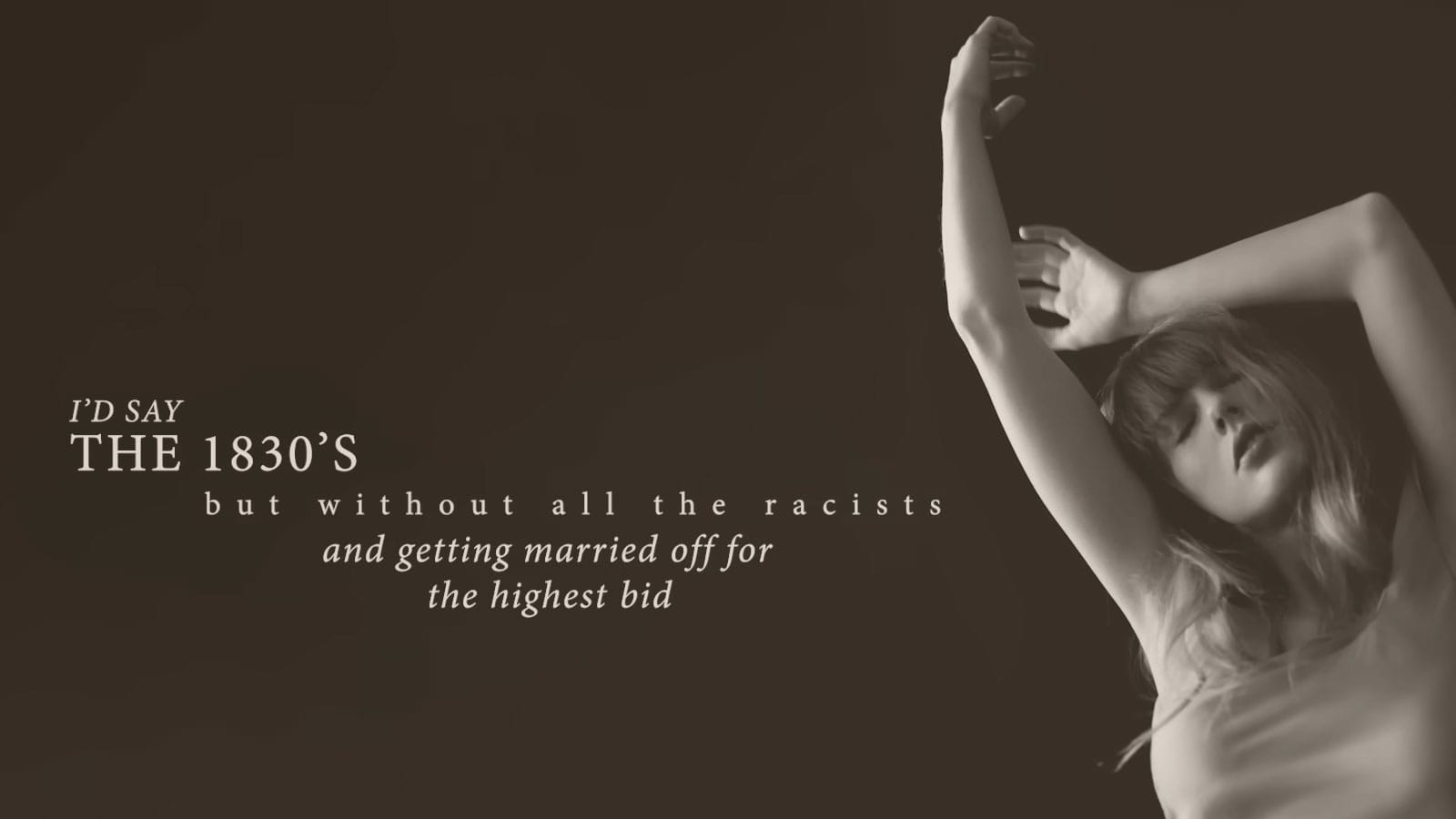Nostalgia is easy / Sleeping is hard

Today: Miles Klee, author of the novel Ivyland and culture writer at Rolling Stone, where he covers the weirder parts of the internet; and Trevor Alixopulos, comics artist and author of The Hot Breath of War.
Issue No. 81
What Should ’90s Kids Remember?
Miles Klee
Taco Bed
Trevor Alixopulos
What Should ’90s Kids Remember?
by Miles Klee
Taylor Swift’s clunker lyric in “I Hate It Here” (about wanting to live in the 1830s, but without the racism and transactional marriage!) got me pondering, not for the first time, how the derangements of the present disfigure our view of the past. What might have rubbed people the wrong way about this line, apart from the naive image lurking in the subtext—a splendid plantation, built on some mysterious industrial engine unrelated to chattel slavery—are the ice-cold facts of racialized and gendered power structures in our own lifetime. With her anxious qualifiers, Swift seems stuck to a premise that was drummed into many American students during social studies classes in the late 1990s: these are problems of history, already solved for us, not enduring and harmful legacies to be confronted today.
A similar myopia has afflicted the centrist commentators who condemn the college kids who are protesting the genocide of Palestinians. These pundits insist, falsely, that the kids have overstepped the norms of polite free expression in ways the campus demonstrators and civil rights marchers of the 1960s did not; apparently they even believe that those earlier actions weren’t met with the same backlash, police crackdowns, and paranoia about “outside agitators” we’re seeing today. This ignorance is only possible within an end-of-history, ’90s-ish understanding of those prior events as the final corrective that ushered in neoliberal prosperity and egalitarianism, once and for all—a mindset that can favorably invoke “Stonewall,” but omit any mention of a riot. If you rewrite the struggle as frictionless and uncontroversial, what you’re suggesting is that there’s no reason to disrupt the status quo that followed, because the reforms were all agreed upon and easily accepted—that progress was the result of a collective, spontaneous, and final epiphany.
It’s a paywall, but a small one
Read this post and get our weekdaily newsletter for $3 a month
